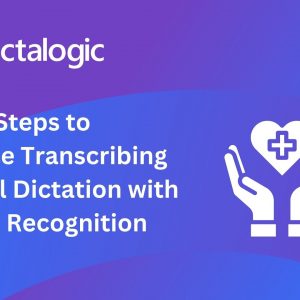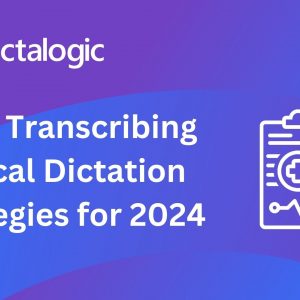
Text to speech module
Text-to-Speech (TTS) technology is a field of artificial intelligence that converts written text into spoken words. It helps with language translation, voice assistants, audiobooks, and accessibility tools for individuals with visual impairments. TTS systems are becoming increasingly popular due to their potential to save time and effort in many industries, such as the entertainment, education, and marketing sectors. This article provides a detailed overview of TTS technology, including its working mechanism, techniques, and applications.
How text to speech works:
Text to speech (TTS) technology converts written text into spoken words. TTS software analyses the text to identify the appropriate sounds, stress patterns, and intonation for each word and sentence and then generates a digital audio file that is played back as speech.
Here are the general steps involved in the text-to-speech process:
- Text analysis: The TTS software first analyses the text to be spoken, breaking it into individual words and sentences. It may also identify things like punctuation, capitalisation, and formatting.
- Phoneme generation: The software then generates the appropriate phonemes (the basic sound units in a language) for each word based on its spelling and context. It involves looking up the pronunciation of each word in a dictionary and applying rules to adjust the sounds as necessary.
- Prosody: Next, the TTS software applies rules to generate the appropriate stress and intonation for each word and sentence based on factors like emphasis, emotion, and sentence structure.
- Synthesis: The TTS software synthesises the audio once the text has been analysed and the appropriate phonemes and prosody have been generated. Combining the phonemes and prosody creates a digital audio file that sounds like natural speech.
- Output: The TTS software outputs the synthesised audio so the user can play it back through a speaker or headphones.
Many different TTS systems are available, and each system’s exact process can vary. Some plans may use pre-recorded audio clips for common words and phrases, while others may use machine learning to improve the accuracy and naturalness of the speech.
Benefits of text-to-speech module/services
Text-to-speech (TTS) modules have many benefits, including:
Accessibility: TTS modules enable people with visual impairments or reading difficulties to access written content, such as books, articles, and websites.
Convenience: TTS modules allow users to listen to written content while doing other activities, such as driving, working, or exercising.
Multitasking: TTS modules enable users to listen to information while performing other tasks, such as taking notes.
Language learning: TTS modules can help learners improve their pronunciation, listening skills, and comprehension.
Personalization: TTS modules enable users to customize the audio output’s speed, pitch, and volume to their preferences.
Efficiency: TTS modules can save time and effort by reading aloud long documents, emails, or web pages, allowing users to focus on the most critical parts.
Inclusivity: TTS modules can promote inclusivity by providing audio content for people who prefer audio content or have difficulty accessing visual content.
Overall, text-to-speech modules can improve access to written content, increase productivity, and enhance the user experience for a wide range of audiences.
Why choose the Dictalogic text to speech module;
There are several reasons why someone might choose the Dictalogic text-to-speech module:
- High-quality voices: Dictalogic uses state-of-the-art technology to generate high-quality voices that are natural and easy to understand. Their voices are designed to sound like real humans speaking and can be customized to suit a wide range of needs.
- Multilingual support: Dictalogic supports many different languages, so you can choose the voice that works best for you, no matter where you are.
- Easy integration: The Dictalogic text to speech module can be easily integrated into various applications and platforms, including web and mobile apps, e-learning courses, and more.
- Flexibility: With Dictalogic, you can choose from a range of voices, adjust the speed and pitch of the voice, and even add pauses and emphasis to create a more natural-sounding speech.
- Cost-effective: Dictalogic offers a range of pricing plans to suit different needs and budgets, including a free trial option. This makes it easy to start with text-to-speech technology without breaking the bank.
Conclusion
In conclusion, text-to-speech (TTS) modules are powerful tools that allow users to convert written Text into natural-sounding speech. TTS technology has come a long way in recent years and can produce highly realistic voices customized to suit various applications. (TTS) technology has made impressive advancements and has become an essential tool for many applications.
Our services:
- Text to speech
- Audio only
- Audio to Text
- Speech to Text
- Conversation to Text
Questions and suggestions, contact us on: info@dictalogic.com




